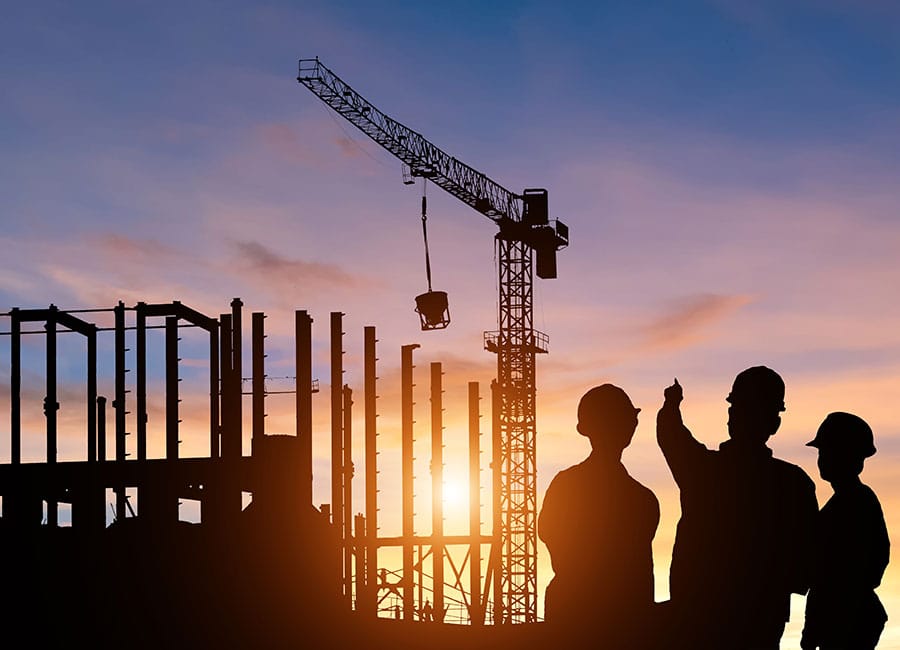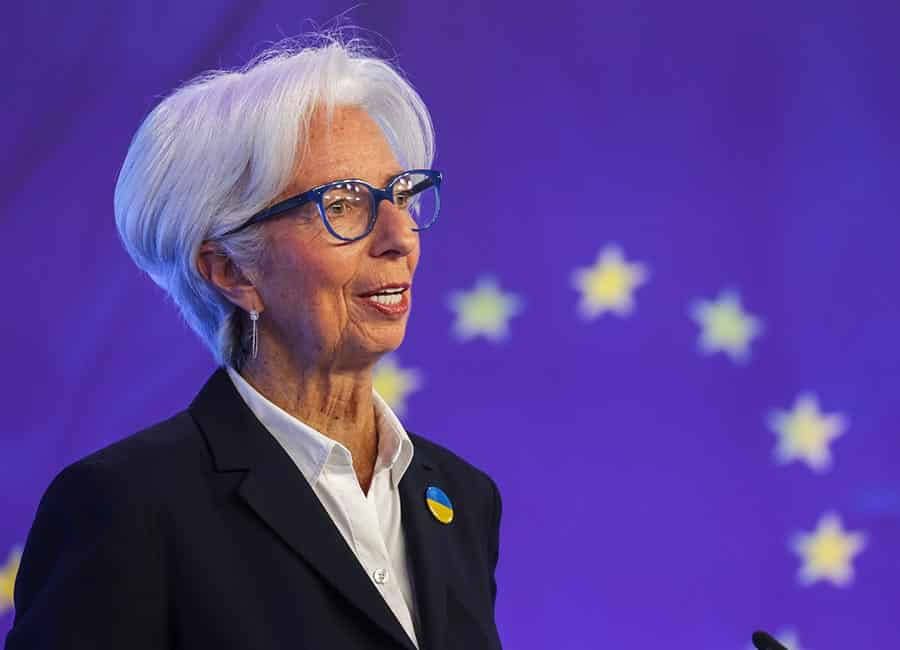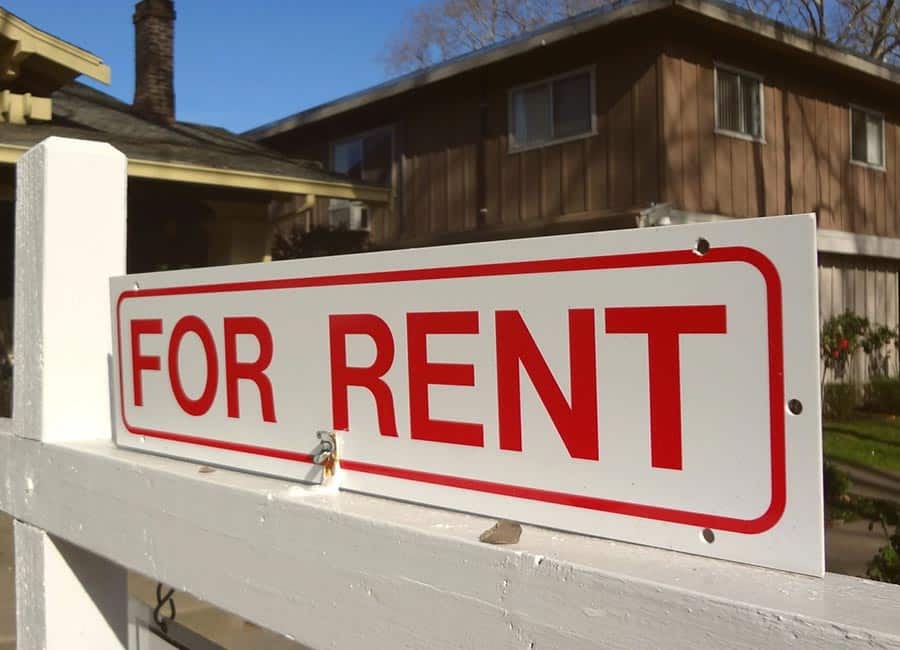The Irish construction sector contracts for the first time since April 2021 in June as severe price pressures led to a drop-off in enquiries and new orders fell at a sharp and accelerated pace, according to the latest BNP Paribas Real Estate Ireland construction PMI.
The construction total activity index fell from 51.5 in May to 46.4 last month, the first time the sector has shrunk since it was operating under Covid-19 restrictions, with a reading of 50.0 indicating no change.
Purchasing activity was scaled back for the first time in 15 months while staffing levels stagnated with firms growing more cautious about hiring given weakening demand, and respondents linked lower activity to increasing costs and subdued demand.
"June has been a watershed month for construction activity. The postCovid rebound has been fading since February, but the June PMI reflects the first absolute pull-back since pandemic restrictions were lifted," said John McCartney, director and head of research a BNP Paribas Real Estate Ireland.
"A recurring theme is that costs are rising faster than the value of delivered properties, squeezing viability. Materials costs have been escalating since early 2021 and this continued in June. But labour is now also contributing to inflationary pressures.
"The number of people working in construction rose by 30% in the year to March, and the resulting labour scarcity has driven construction wage growth to nearly 9% per annum.
"However the June PMI suggests that this is beginning to regulate itself - order books were weaker for the third month in a row and employment growth in the sector has stalled for the first time since we came out of lockdown."

All three categories of construction -- commercial, housing and civil engineering -- saw reductions in activity last month, with commercial and housing posting their first declines since the first half of 2021, although the fall in housing activity was marginal.
Some 28,000 new homes are on course to be completed this year, an increase of over 30% year-on-year, but activity in civil engineering has now declined for four successive months.
The rate of decline in new orders was the fastest since March 2021, with respondents noting a lack of enquiries and some indicating that previously agreed projects had been postponed due to price increases. New business has now declined in each of the past three months.
Reduced purchasing activity helped to alleviate the pressure on supply chains, and although suppliers' delivery times continued to lengthen markedly, the latest decline in vendor performance was the least pronounced seen since the start of the pandemic.
Where lead times lengthened, it was mainly due to material shortages. Construction companies scaled back on their use of sub-contractors, but their availability still fell and the rates they charged continue to rise.
The rate of input cost inflation remained elevated at the end of the second quarter, despite easing to a 14-month low, with around 64% of respondents signalling that their input prices had increased in June.
Ongoing steep price pressures contributed to a negative outlook among construction firms, with expectations for the coming 12 months falling to their lowest level since September 2020.
(Pic: Getty Images)











